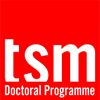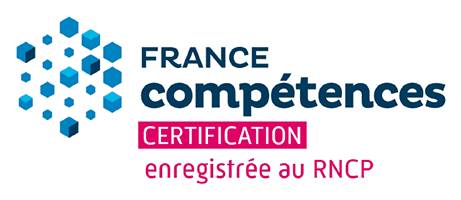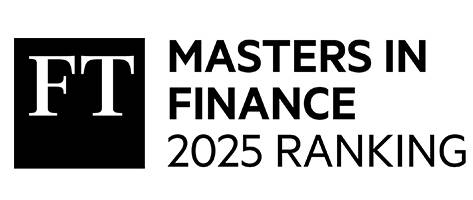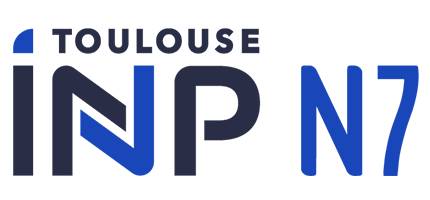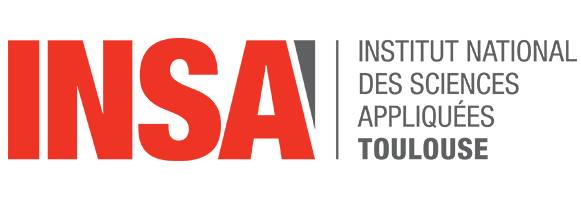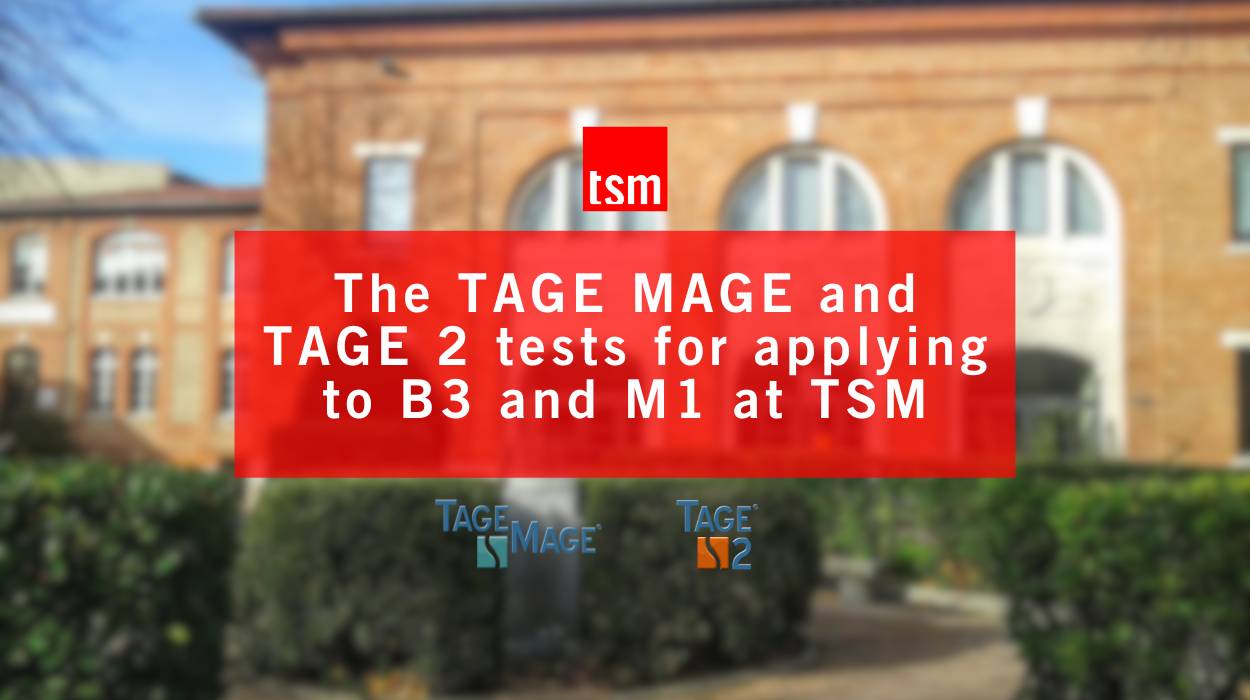Finance
Full time programme, Eligible VPL
English
In person
High School Diploma (or equivalent) +4
High School Diploma (or equivalent) +5
September 2025 - September 2026
1 year
Yes
90%
Toulouse
The Master in « Financial Markets and Risk Evaluation » (FiRE) is a full time programme entirely taught in English. Theoretical insights are all the more needed as many episodes such as the great financial crisis of 2008 or the run on Silicon Valley Bank in 2023 regularly show that blind applications of valuation and risk management models could prove unproductive. These theoretical insights are acquired by students with the instruction offered by world-class academics who have contributed to build them. Practical insights are also offered to ensure that students are accustomed to the functioning and vocabulary of financial markets, the strategies of investors and the pricing of financial assets, with a particular emphasis on risk measurement and evaluation.
Main jobs after graduation:
- risk analysis
- brokerage
- sales
- trading, Middle office
- asset management
- private banking
- consulting
Preferred sectors: private and investment banking, asset management, financial institutions, financial management and risk management of groups, consulting, international institutions.
- Possibility of an international exchange period in one of TSM’s partner universities during the first year.
- Possibility to do a gap year before starting the M2 courses.
Partners Engineering Schools
The partnership established between TSM and the Engineering Schools enables us to offer a training programme of even higher quality, with a more varied and complementary panel of students. The aim is to enable specialists and engineers to enter this master's programme to develop their multidisciplinary knowledge and expertise.
Benefits of the programme
- 100% taught in English
- 77% of graduates find a job after 3 months of graduating
- Among the few masters of finance in the world EFMD accredited.
- The only master in finance offered by a French public university included in the Financial Times 2025 ranking. Its 2nd position for the "Value for Money" criterion offers a high return on investment for students.
Programme Objectives
- Financial analysis proficiency: develop skills to analyze financial data and interpret results to inform decision-making.
- Investment strategies: understand various investment vehicles and strategies, including equities, fixed income, derivatives, and alternative investments.
- Use advanced modeling and computational tools to price financial assets.
- Quantitative skills: enhance quantitative and statistical skills for financial modeling and analysis.
- Ethical decision-making: promote ethical standards and practices in finance and investment decision-making.
- Communication skills: develop strong written and verbal communication skills for presenting financial information to stakeholders.
- Technology proficiency: become proficient in financial software and tools commonly used in the finance industry.
- Corporate Finance knowledge: learn to evaluate corporate financial strategies, including capital structure, budgeting, and valuation.
- Assess how investors can manage risks in financial markets
-
49 %
Admission rate
-
95 %
Exam sucess rate
-
90 %
Satisfaction rate
Student testimonials


TSM was an opportunity for me to go on a study trip and get a Double Degree, an additional experience that could make a difference in my future career. I chose TSM because I wanted to follow a course based on trading and financial markets, which TSM offered.


While doing my research on the available Master’s programmes, I stumbled upon the M2 FiRE track. Compared to all the other choices, TSM seemed to be offering the highest quality education for the cheapest price. TSM also seemed to be the most internationally friendly school.





